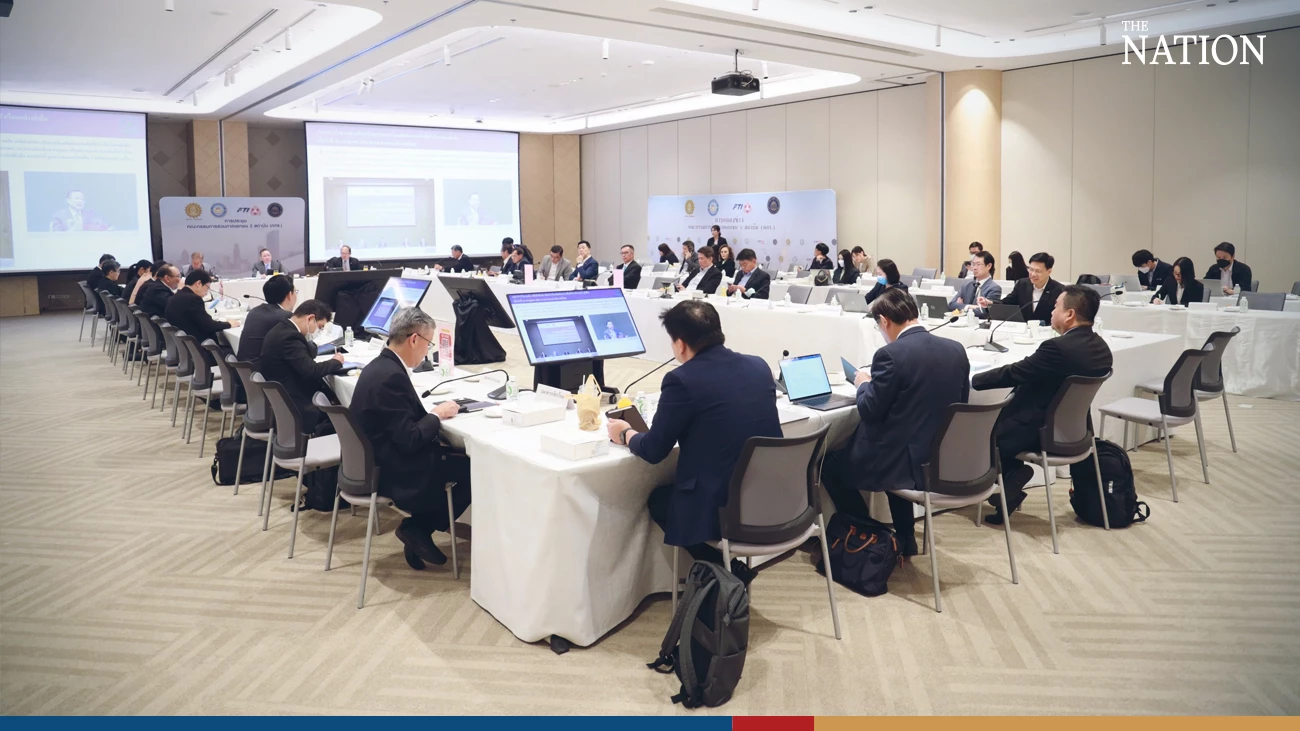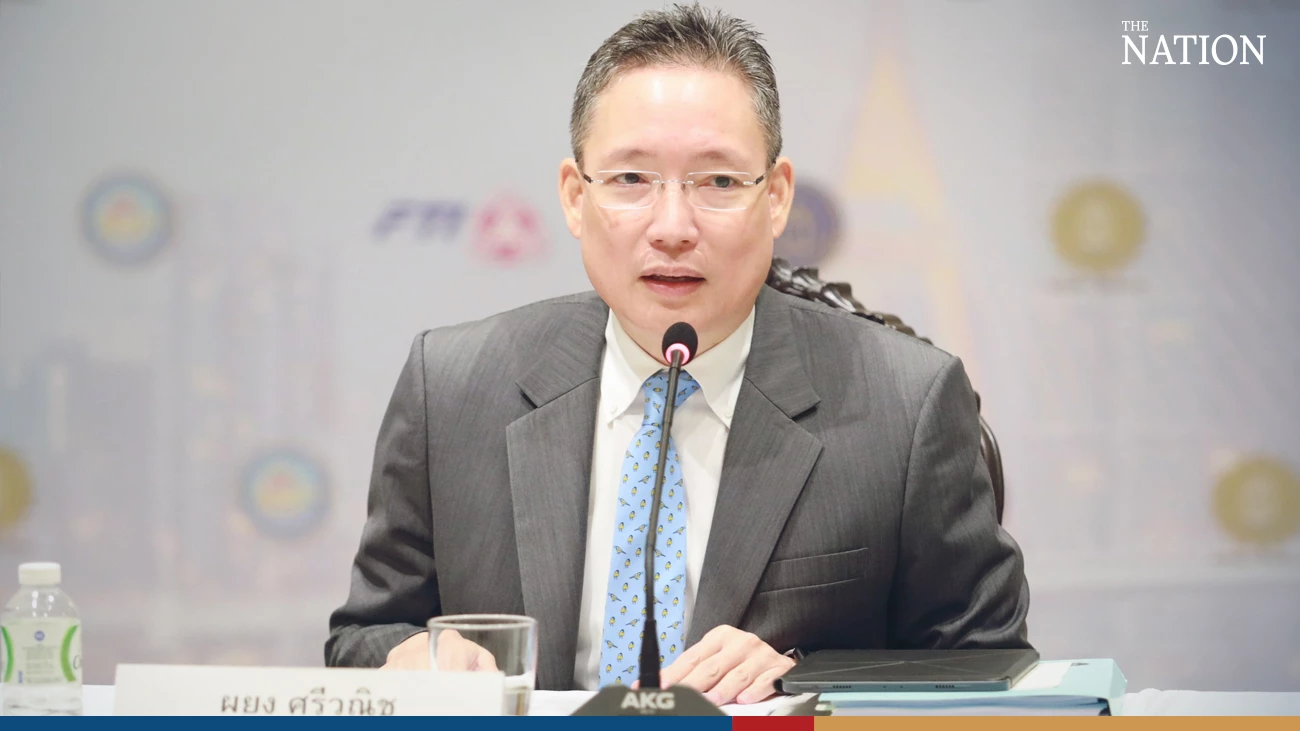August 3, 2023
BANGKOK – Thailand’s most powerful business lobby group – the Joint Standing Committee on Commerce, Industry, and Banking (JSCCIB) – on Wednesday told political parties to form a new government by the end of this month.
Kriengkrai Thiennukul, chair of the Federation of Thai Industries, one of the three associations that form the JSCCIB,
told a press conference following its monthly meeting that because Thailand’s “very fragile” economy faces both domestic and international political hurdles, political wrangling should not be added to its obstacles.
He said the committee previously estimated that a new Cabinet would be announced by the end of August.
“Right now, the PM voting process is still within the expected timeline. However, the lack of progress these days is eroding business confidence to invest further, which is not good for the country’s competitiveness,” Kriengkrai said.
Thailand is ready to support the growth of the digital and green economies, he added.
Despite its dysfunctional politics, Thailand leads the region in terms of providing the right conditions for companies to relocate their manufacturing facilities, he added, referring to the accelerating shift of manufacturing from China to Southeast Asia.
Major Asian investors from China and Japan understand Thai politics and are immune to its dysfunction, but Western investors are more sensitive, Kriengkrai said.

Kriengkrai Thiennukul
Both Asian and Western investors are delaying new investments in Thailand because they are waiting for clear and concise policies from a new government, he added.
This suspension of investment is diminishing the opportunities presented by the global digital transition and the shift away from China.
It is impossible to calculate the loss for Thailand, Kriengkrai said.
“We must prioritise thinking for the sake of the nation. So, whoever the new government is, the private sector is eager to work with them. The country cannot afford to wait any longer. It must now move forward,” he said.
When asked what economic issues the new government should prioritise after forming a Cabinet, Kriengkrai said stimulus measures should be implemented. The next government should also focus on alleviating the high cost of living, energy prices, and household debt, while making it easier to do business.
Thailand’s political system has been in the spotlight since Pita Limjaroenrat, the leader of the Move Forward Party, failed to secure enough votes in parliament to become the country’s 30th prime minister.

The political impasse has been exacerbated by numerous petitions filed in the Constitutional Court, which may have an impact on voting in Parliament.
The Pheu Thai Party, which finished second in the May 14 election, is now attempting to form the next government.
Many Thai voters, particularly Move Forward supporters, are infuriated that the party that won the election has been prevented from forming the next government.
Protests decrying the failure of electoral democracy have erupted over the last few weeks.

Payong Srivanich
Payong Srivanich, chair of the Thai Bankers’ Association, said Thailand’s economy could expand at a faster clip in the second half of this year due to the better-than-expected recovery in tourism.
However, other growth engines, such as banking and exports, may be curtailed by inflation, geopolitical uncertainty, and weak domestic consumption.
Thailand’s economy is expected to grow by 3-3.5% this year, according to the JSCCIB.
It also urged the public sector to prepare an action plan for water management across the country, as the drought problem is worse than expected this year.
“All of these problems necessitate the government’s investigation of suitable solutions with appropriate budget allocation so that Thailand can move in the right direction,” Payong said.


